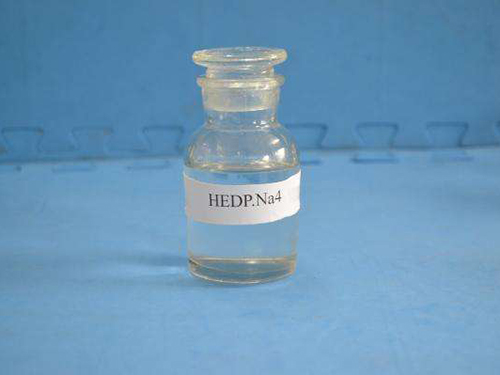Corrosion and Scale Prevention Effective Inhibitors for Industrial Applications
Corrosion and Scale Inhibitors Protecting Infrastructure and Enhancing Efficiency
Corrosion and scale formation are two significant challenges faced in many industrial and infrastructure applications. Both phenomena can lead to costly repairs, reduced efficiency, and significant downtime. To mitigate these issues, corrosion and scale inhibitors play a critical role in preserving the integrity of equipment and optimizing operational performance.
Understanding Corrosion
Corrosion is the gradual destruction of materials, usually metals, due to chemical reactions with their environment. This process can be exacerbated by factors such as moisture, temperature, and the presence of salts or acids. For example, in industries such as oil and gas, pipelines are particularly susceptible to corrosion, which can result in leaks and catastrophic failures.
Corrosion can be classified into several types, including uniform corrosion, pitting corrosion, galvanic corrosion, and crevice corrosion. Each type presents unique challenges and requires specific strategies for prevention. Uniform corrosion affects the entire surface evenly, while pitting occurs as localized holes or pits, making it particularly dangerous as it often goes unnoticed until significant damage has occurred.
Scale Formation A Compounding Problem
Scale refers to the accumulation of mineral deposits on surfaces, particularly in systems exposed to high temperatures or where evaporation occurs. Commonly found in boilers, heat exchangers, and pipelines, scale formation can severely reduce the efficiency of thermal and fluid transfer systems. The most frequent culprit in scale formation is calcium carbonate, which precipitates when water is heated or when other chemical changes occur in the fluid system.
The presence of scale can lead to overheating, increased energy consumption, and premature equipment failure
. Consequently, managing scale is vital for maintaining the efficiency and longevity of industrial operations.The Role of Inhibitors in Controlling Corrosion and Scale
corrosion & scale inhibitors

Inhibitors are chemical substances that reduce the rate of corrosion or scale formation when added to a fluid. They function by various mechanisms, including forming protective films on metal surfaces, modifying the chemical environment, and interfering with the formation of scale crystals.
1. Corrosion Inhibitors These are often classified into anodic, cathodic, and mixed inhibitors. Anodic inhibitors work by passivating the anode, while cathodic inhibitors reduce the cathodic reaction at the metal surface. Mixed inhibitors possess properties of both types, proving effective in various environments. Common materials used as corrosion inhibitors include phosphates, chromates, and certain organic compounds.
2. Scale Inhibitors Scale inhibitors usually work by either threshold effect or by forming a surface complex that inhibits the deposition of scale-forming minerals. Commonly used scale inhibitors include polyphosphates, phosphonates, and certain polymers. These chemicals can alter the solubility of minerals and keep them in suspension, thus preventing them from forming hard deposits.
The Importance of Proper Application
The effectiveness of corrosion and scale inhibitors is highly dependent on proper application, which involves selecting the appropriate inhibitor based on the specific conditions of the system, such as temperature, pH levels, and the chemical composition of the fluids involved. Regular monitoring and adjustment of inhibitor concentrations are also essential to maintain optimum performance.
Additionally, understanding the environmental impact of inhibitors is crucial. Many traditional inhibitors, such as chromates, have environmental and health concerns, leading to a demand for green or eco-friendly alternatives. Research is ongoing to develop inhibitors that are both effective and less harmful to the environment.
Conclusion
Corrosion and scale formation pose significant threats to the integrity and efficiency of industrial systems. By using corrosion and scale inhibitors, industries can effectively mitigate these issues, leading to enhanced operational efficiency, reduced maintenance costs, and prolonged equipment life. As industries continue to evolve and strive for sustainability, the development and application of effective inhibitors will remain essential in safeguarding infrastructure and ensuring reliable production processes. The ongoing research in this field promises not only to find safer alternatives but also to revolutionize the way we approach these persistent challenges.
-
Water Treatment with Flocculant Water TreatmentNewsJun.12,2025
-
Polymaleic AnhydrideNewsJun.12,2025
-
Polyaspartic AcidNewsJun.12,2025
-
Enhance Industrial Processes with IsothiazolinonesNewsJun.12,2025
-
Enhance Industrial Processes with PBTCA SolutionsNewsJun.12,2025
-
Dodecyldimethylbenzylammonium Chloride SolutionsNewsJun.12,2025





